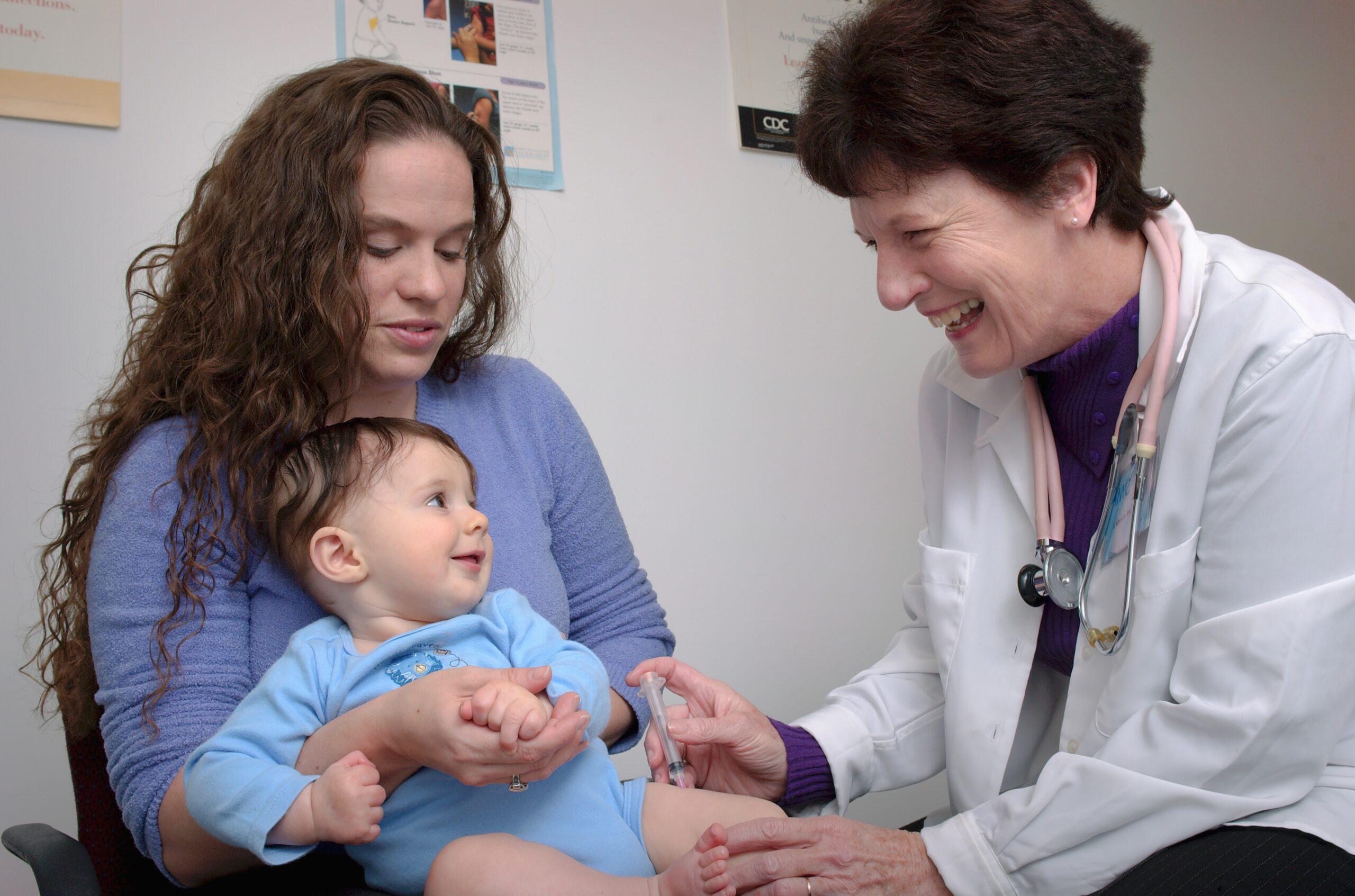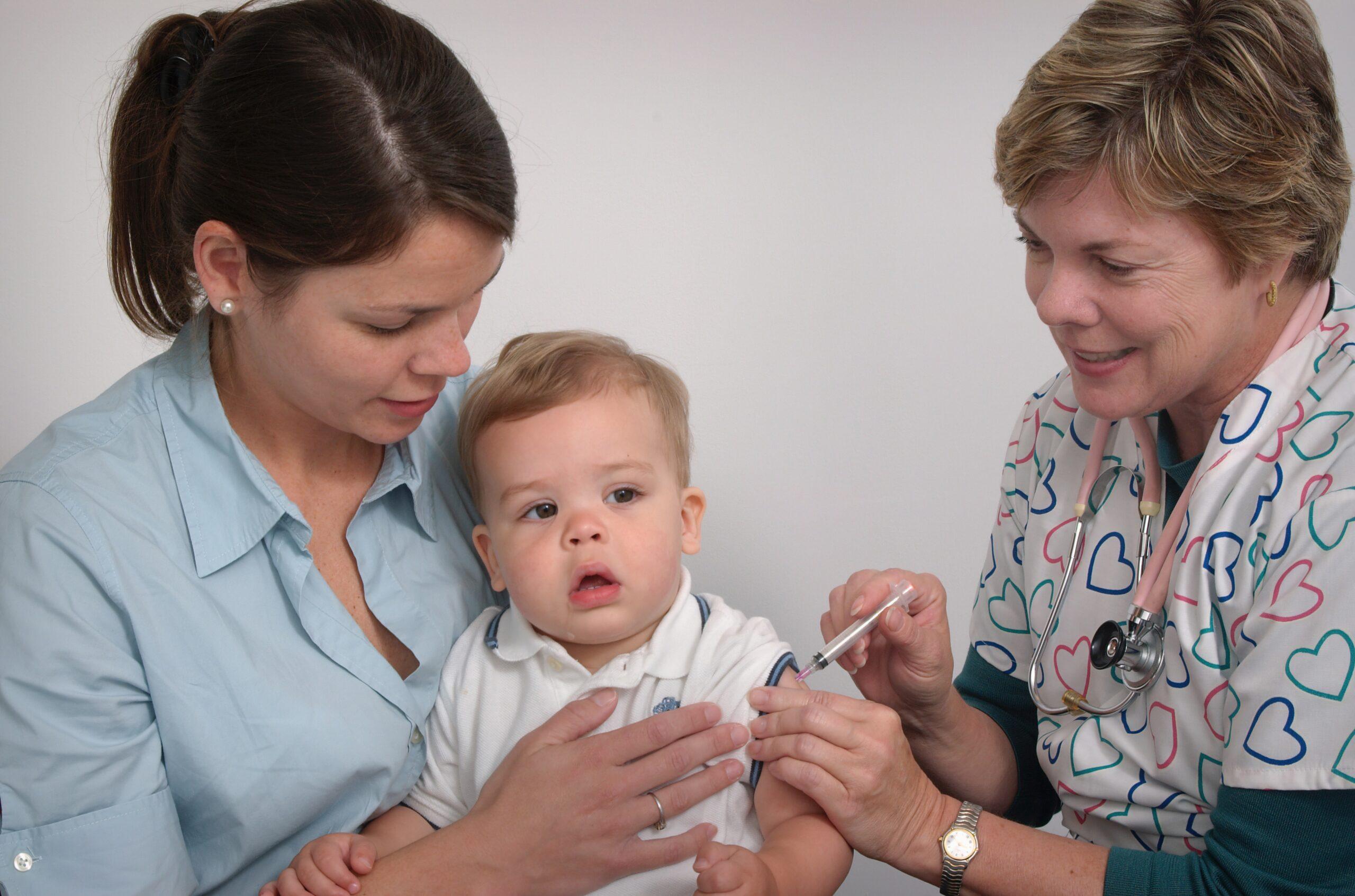One very critical task that needs to be accomplished before the birth of your baby is picking a pediatrician. You may be surprised how often you visit your pediatrician. Between seeing him or her at the hospital after your baby’s delivery, it may seem like a near monthly visit for a while. Both for your baby’s health and development and for your piece of mind, you want to find a competent, compatible and capable pediatrician.
So, what is the best way to go about it and what are some of the most important things you should be looking for? The first step in finding the right pediatrician is to start with a few potential names, preferably from referrals.
The best referrals come from other parents of young babies, particularly if these parents’ views on parenting are similar to yours. Ask other parents you trust for the name of their pediatrician and if they recommend the physician. Ask your referral source why they recommend the doctor and what they like best and least about him or her. Also ask them how friendly and helpful the office staff and nurses are. You likely will communicate with nurses and staff as frequently as the doctor, so the quality of the staff is quite important.
If you are new to an area or don’t get a few good recommendations from friends, some other potential sources of referrals include: your primary care doctor, your obstetrician or a local children’s hospital (the hospital will typically provide a list of board certified pediatricians). Because board certification ensures the pediatrician has additional training in pediatrics, it is wise to only consider pediatricians who are board certified.
Once you have some potential names to consider, the next step is to identify what criteria are the most important and then evaluate your pediatrician prospects. There are four main areas you should evaluate:
- Does the doctor’s approach to infant care match your philosophy? For instance, if your doctor doesn’t believe in co-sleeping and you do, much of his sleep advice won’t be very valuable.
- Is the pediatrician or another pediatrician available at all times in case of an emergency? This is critical, as Murphy’s Law seems to often hold true: your baby is likely to be sickest on nights and weekends. Not only should your pediatrician always have a doctor available on call, he or she shouldn’t make you feel guilty for calling when you are concerned. With a young baby, the approach should definitely be that when in doubt, call.
- Can you get seen on short notice, typically in less than 24 hours? If your baby is sick, you don’t want to have to wait any longer than necessary to have the doctor see him.
- Do they have a system set up to answer questions that don’t require a visit? In a baby’s first year, there will be many times that you have a question about your child’s health or what is the best approach that you would like an answer to, but that shouldn’t require a visit. A good pediatrician should have an option in place to make this simple and convenient.
In addition to these areas, some less critical things to consider include: how close and convenient is the doctor’s office and does the office have night or weekend hours.
How do you best evaluate a pediatrician on these criteria? This is where referrals from other parents are particularly helpful. A friend whose baby has been seen many times by a pediatrician can tell you more about a physician and her practice than you can often discover during an interview. However, a meeting with your potential pediatrician is really helpful in assessing whether the pediatrician and his or her practice meet these criteria.
After evaluating all of these criteria, don’t forgot to listen to your instincts. If you are not comfortable with a pediatrician or are concerned after your first meeting, choose another pediatrician. The quality of your relationship with your pediatrician can be very important to the health and development of your child.
Good Questions to Ask a Prospective Pediatrician
- What is your general parenting philosophy?
- Do you have children?
- How did you choose to be a pediatrician?
- What are your office hours?
- At which hospitals do you have practicing privileges?
- How do I reach you after hours or during an emergency?
- Who covers for the practice when you are absent?
- How does the office handle billing and what are my responsibilities?
- Does the practice accept my insurance provider?
Warning Signals That You May Have Picked the Wrong Doctor
Even after doing your research and talking with a prospective pediatrician, it is possible that there may be problems. Here are some warnings signs that you may not be seeing the right pediatrician:
- The doctor doesn’t take the time to explain things when you ask. For instance, it is common for babies to have a slight heart murmur. This can sound pretty scary to a new parent. Your pediatrician should always be willing to take the time to help you understand an issue.
- The doctor seems to rush through the appointment. Pediatricians can be very busy at times, but to be good at what they do, they need to slow down and really pay attention when examining your baby.
- Your child is excessively fearful of going to the doctor or getting a shot.
- The doctor doesn’t pay attention to your concerns. Many parents identify problems and issues before their doctors do. If your pediatrician doesn’t take your concerns seriously, your child’s health could be at risk.
- The doctor is combative or doesn’t want you to get a second opinion. A confident doctor should be very open to getting a second opinion. This is your child— you want to avoid any possible mistakes and have piece of mind that your child’s condition or problem is correctly identified and treated.
Randy Dean, author of 100 Things I Wish I Knew in My Baby’s First Year (www.100babies.com) is the father of three joyful 4 year olds and lives in Columbus, OH.



